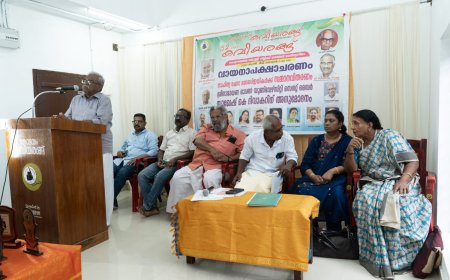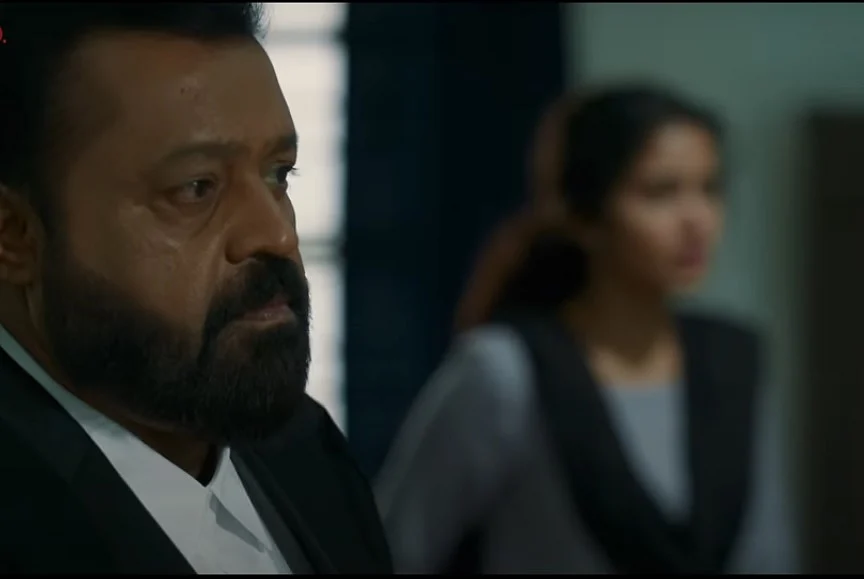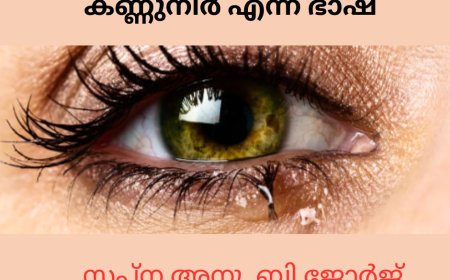CCTVs now mandatory in pharmacies to combat drug abuse by children
The new surveillance measure targets commonly misused medications such as codeine-based cough syrups, Alprazolam tablets and Tramadol capsules.

PHARMACIES and chemist shops across the nation will now be required to instal CCTV cameras to strengthen efforts against drug and substance abuse by children.
The new mandate is a key part of a joint action plan developed by the National Commission for Protection of Child Rights (NCPCR), the Narcotics Control Bureau (NCB), and the Narco Coordination Centre (NCORD). Their directive urges states and Union Territories to prevent the sale of controlled substances—specifically Schedule H, H1, and X drugs—to minors.
Schedule H drugs are those that can be sold only on the prescription of a registered medical practitioner. Schedule H1 includes specific third and fourth-generation antibiotics, some habit-forming drugs, and anti-TB drugs. Schedule X drugs are those with a high potential for abuse or dependence and include amphetamines, barbiturates, and certain narcotics.
The new surveillance measure targets commonly misused medications such as codeine-based cough syrups (Schedule H1) and Alprazolam tablets and Tramadol capsules, which are Schedule X drugs. This initiative comes in response to alarming statistics on substance use among minors in India.
About 2 million children aged 10-17 were users of sedatives for non-medical purposes, according to the National Survey on Extent and Pattern of Substance Use in India conducted in 2018. The survey indicated that about 4 million children in this age group were opioid users, although a breakdown for pharmaceutical opioids was not available.
The 2018 data, released by the Ministry of Social Justice and Empowerment through the National Drug Dependence Treatment Centre (AIIMS) remains the latest comprehensive national survey on substance use among Indian children.
"It has been advised to stop, prevent and discourage the sale of dual-use medicines without a prescription," an official familiar with the matter said. "During the NCORD meeting, CCTV installation was urged at chemist or pharmacy shops across all states/UTs so that health authorities can verify records."
Delhi govt acts
Taking the initiative, the Delhi government's drugs control department issued directives on 22 July to chemist associations within its jurisdiction, asking them not to sell Schedule H, H1, and X drugs to minors without a prescription from a registered medical practitioner.
“Assistant Drugs Controllers/Licensing Authorities and Drugs Inspectors of the Government of NCT of Delhi are now tasked with monitoring and ensuring strict adherence to these new regulations. All Chemist Associations in Delhi have been urged to disseminate this crucial information to their members for immediate compliance,” the Delhi government said.
The Retail Distribution Chemist Alliance (RDCA) has circulated the CCTV installation directive to members. However, it has sought clarifications for effective compliance about whether the mandate is a legal requirement under the Drugs and Cosmetics Act or merely an advisory.
“We also need to know if NCB guidelines directly apply to standard retail pharmacies, given their operations fall under the Drugs and Cosmetics Act. Furthermore, we’ve asked if additional record-keeping or surveillance protocols are now mandatory. To avoid confusion, the RDCA urges a clear, formal directive, preferably under the Drugs Act, if CCTV installation is compulsory,” the alliance leadership said.
They emphasized their commitment to ethical practices and public health, seeking clarity for full compliance.










































































